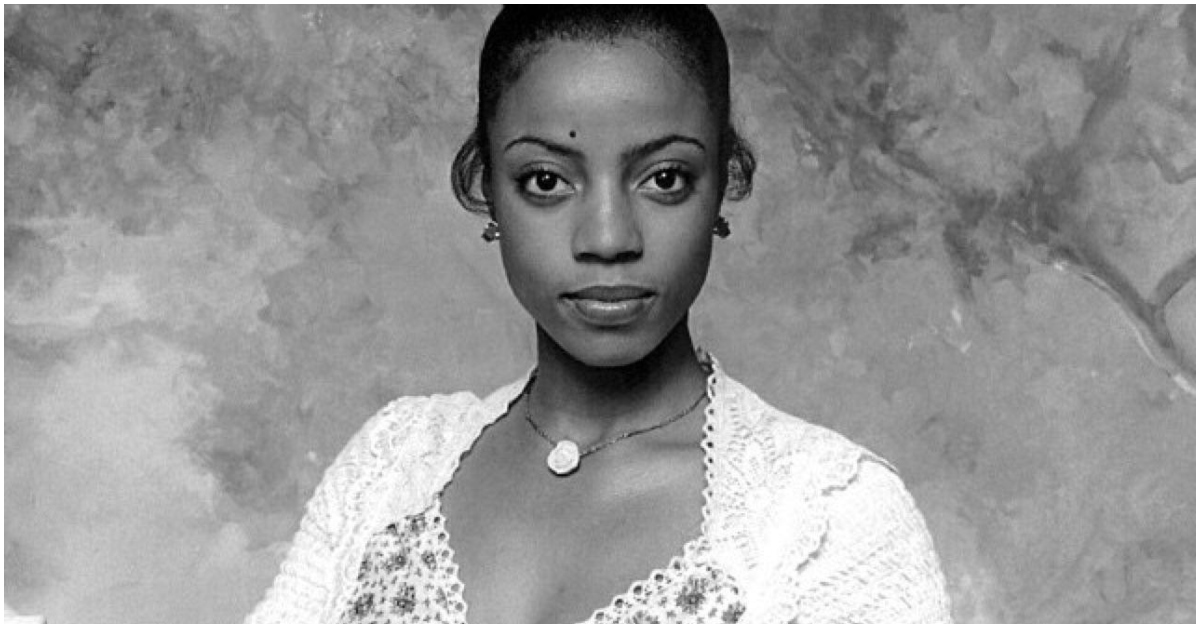A Chance Discovery
BernNadette Stanis, the actress who played Thelma on the groundbreaking 1970s sitcom “Good Times,” almost missed her big break. As she recounted, stage fright nearly prevented her from performing in a New York beauty pageant at age 18.
“I didn’t fake the asthma, I {takes a deep breath} until I caught asthma because I had asthma,” Stanis said. “Do you know what my mother said, ‘you’re going to get the Primatene mist, you’re going to take it, get on that stage, and stop it.’”
“It was that day, that a manager saw me,” she said.
That manager discovered Stanis on the very day she was trying to avoid performing, telling her mother, “I never win anything,” as an excuse to skip the pageant.
The Birth of Thelma
The manager told Stanis’ mother, “Your daughter could be a girl on ‘Good Times.’” After meeting with producers Norman Lear and Jimmie Walker (J.J.), Stanis landed the role that would make history as the first Black teenage girl on a television series.
Initially, Thelma’s character was underwritten with minimal lines like “Hi mom, hi dad, goodbye, J.J. shut up.” But Stanis wanted more, advocating for herself to the writers with help from co-star Esther Rolle (Florida Evans).
“It was Esther Rolle who I told that I could do more, and she said, ‘let me handle it,’” Stanis recalled. “Thelma was a girl who grew up in Brownsville and Brooklyn, New York…I knew who she was.”
An Enduring Legacy
From those humble beginnings, Thelma blossomed into a fully realized character – beautiful, brilliant, and aspirational. Stanis’ powerful portrayal resonated deeply, leaving an indelible mark.
“People constantly tell me how much they loved Good Times and what that show meant to them growing up,” Stanis said. “They express to me with gratitude the values and lessons it has shown them. But most of all, they call it safe TV.”
Stanis built an impressive career beyond Thelma, becoming an author, actress, wife, and mother. Yet her pioneering role introducing America’s first Black teenage girl to television remains a crowning achievement – a remarkable story of perseverance, advocacy, and breaking barriers.





